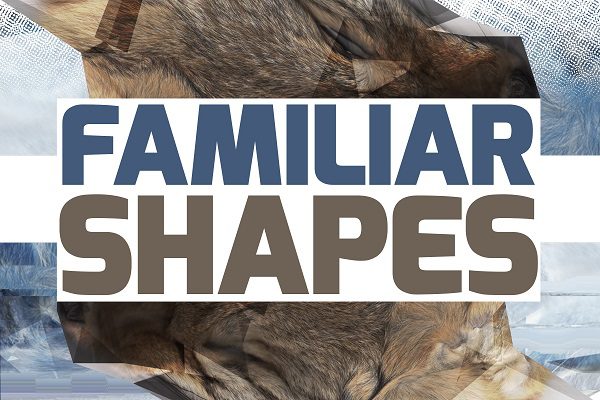Professor Finds Parallels Between Social Media Disinformation and 17th-century Witch Hunts

Professor of Digital Media Heather Freeman has produced a podcast series that explores the use of information technology to spread false information today and 400 years ago. Based on four years of research and interviews with more than 30 international scholars in fields from history to computer science to religious studies, Familiar Shapes digs into the timely – and timeless – topic of “disinformation,” finding parallels between contemporary disinformation campaigns and the witch hunts of the 1600s.
In 2016, Freeman was reading about both the early modern witch trials and contemporary disinformation tactics, and a poetic question emerged: How are malicious social bots similar to the early modern English witch’s familiar, or supernatural assistant? She embarked on a research journey, interviewing experts from around the world, including historian Ronald Hutton of the University of Bristol (UK), disinformation researcher Samuel Wooley of the University of Austin at Texas, and UNC Charlotte faculty Samira Shaikh in the Department of Computer Science and Sean McCloud in the Department of Religious Studies.
Freeman’s intention was to produce a full-length feature documentary.
“Half of the film was about information technology, malicious social bots, and how these facilitate the spread of misinformation, disinformation, click bait, and all the other ways that information can get messed up online,” she says in the first episode of the podcast. “The other half was about early modern witches, their familiars, magic…how the moveable type press shaped and reshaped the idea of the witch, how the press in the 1600s was a lot like social media today.”
Freeman was preparing to release the film when the pandemic hit. Believing that she could not ignore that global event and the radically new context of her investigations, she abandoned the Familiar Shapes documentary and created the Familiar Shapes podcast.
In each episode, Freeman uses the changing context of the world, her nation, and her own family as a framework in which to explore the nuances of disinformation in social media and how the printing press spread ideas about witches and familiars during the early modern period.
“I went into this wanting to make one giant Radiolab episode about bots and familiars,” Freeman says. “Instead, it’s 21 half-hour-long episodes, each a meditation on what it means to study technology and history in the middle of several, layered pandemics when you’re trying to raise a kid and just get through the day. It’s a very different project than what I set out to make.”
Thus far, Familiar Shapes has received more than 2,000 downloads from 15 nations. The series is available on Apple iTunes, Spotify, Stitcher, and most other podcast providers, as well as the Familiar Shapes website. A short film version of the project, including animations by UNC Charlotte students, will be available this winter. And Freeman is working on a second season, in which she will interview experts about the intersections of technology, magic, and the binary idea of “Good” and “Evil.”
Current events have only made the research more relevant, says Freeman.
“Information has power, and misinformation has consequences.”